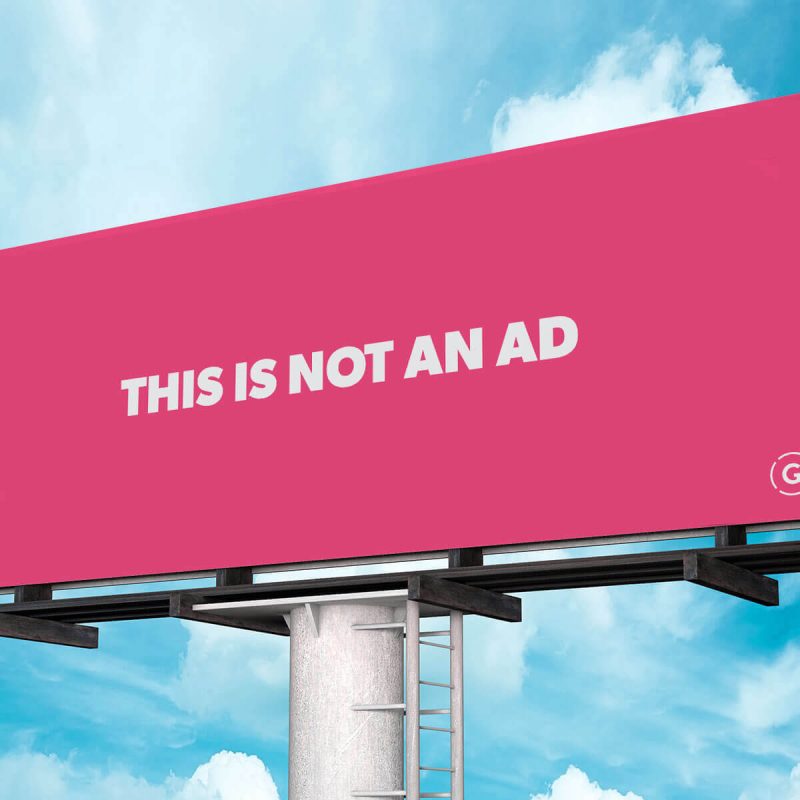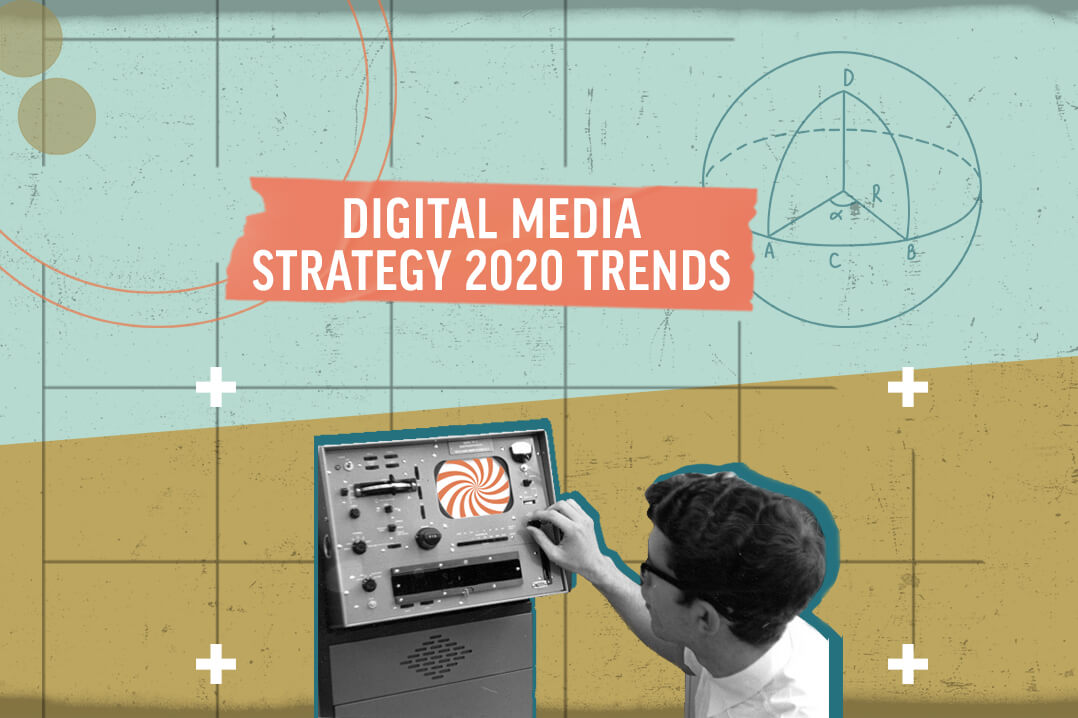I don’t know if you’ve noticed, but most people don’t like ads. Through the constant barrage of dramatically embellished campaigns, over-promising social media posts, and sneaky selling tactics, many of today’s brands’ messages are both disruptive and disingenuine.
However, if you’ve been paying attention, you might have noticed a rise in the anti-ad. “What is Anti-Marketing,” you ask?
Anti-Marketing is a campaign or spot that defies the conventional marketing messages and instead makes fun of traditional advertising with a tone of self-awareness. Anti-Marketing connects with consumers by letting them in on a shared joke: yes, the ad is indeed about “selling”.
This, for many of us, is a breath of fresh air in an oversaturated advertising environment. I think we would all agree that when brands plainly acknowledge what they are attempting to do (sell products, gain followers, etc.), we tend to listen a bit more. This tone can be an increasingly powerful counter-message.
Why Does it Work?
When it comes to consumers, trust is the currency. Advertising has long been about persuasion, but people never want to feel as if they are being tricked. When done right, anti-marketing builds trust between consumers and marketers by being honest about ideas that everyone knows, but marketers seem to ignore:
People hate ads.
Ads tend to exaggerate. A lot.
Ads are literally everywhere.
So, what if instead of working against those feelings, we work with them?
It’s no secret that most people hate ads. But hearing an ad acknowledge its flaws is refreshing. Anti-marketing cuts through the clutter, causing customers to double-take when they would normally just gloss over.
Anti-Marketing Tip #1: Feel their Pain
Sprite, in their commercial starring basketball legend Lebron James, comes right out and acknowledges the problem that they are trying to overcome: People HATE being told what to do, especially when it comes from an ad. Lebron becomes very transparent with his audience about all of the different tactics that he will use during the ad to influence people into drinking a Sprite. Showing how thirst-quenching Sprite is while eating spicy food, paying Lil Yachty to write a custom jingle for Sprite, paying tons of social media influencers to take pictures of themselves drinking Sprite. Sprite will do all of these things, but one this is for certain: they will never “TELL” you to drink a refreshing lemon lime Sprite, they’ll ask you.
By being transparent with the problem that Sprite is trying to overcome, acknowledging all of the sales tactics they use to sell you a Sprite all along the way, the audience is much more receptive to the notion that Sprite isn’t selling them, or telling them what to do. By breaking the proverbial fourth wall and acknowledging to its viewers the frustrations that most people have with advertising, it allows their audience to feel in on a secret or be a part of an inside joke.
Anti-Marketing Tip #2: Over-Over Exaggerate
As consumers grow in awareness through mass exposure to similar messages, irony gives a wink to the audience and says, “we aren’t like the other brands.”
Aviation Gin uses its owner, Ryan Reynolds – now famous for his unmistakable Deadpool-deadpan sarcasm – to poke jokes at ads that over-promise. In his long-form commercial titled “The Process,” Reynolds’ embraces the very qualities that would normally have consumers fast-forwarding. By going extremely specific and absolutely ridiculous, he pokes fun at the kinds of brands that actually would claim to transform you into the pure likeness of masculinity or manifest a perfect beach sunset.
Anti-Marketing Tip #3: Call it LIke it Is
In a brilliant campaign titled “No B.S.”, RxBar might be anti-marketing at its finest. Fitting with a core brand message of simplicity, RxBar says pretty much exactly what you were thinking. On a big billboard, you might see a picture of the bar next to big block letters: “A really, really big poster.” Or just, “No B.S.” And then, just maybe, you’ll believe them when you see the poster that calls out their real message: “Real. Delicious. No B.S.”
Adding an Acute Sense of Self-Awareness
Anti-marketing is about more than just telling a joke. Anti-marketing means understanding the built-in assumptions that people have about a brand–and its industry–and facing them head on. It shows the audience that a company knows what the consumer expects and immediately challenges those assumptions.
A self-aware approach usually means providing a parody to the industry standard. It’s cheeky–and it can be bold–but this means it isn’t for everyone. More serious brands may seem awkward adopting anti-marketing; trying to be “cool” is a sure-fire way of assuring a brand won’t be.
And while self-awareness feels disruptive (and therefore effective), the more brands that take it on, the less powerful it will be. So the companies and brands that will be successful with this strategy will be the ones who adopt it early on. Those who accept this strategy as gospel, are at risk of missing signs for the next big thing.



